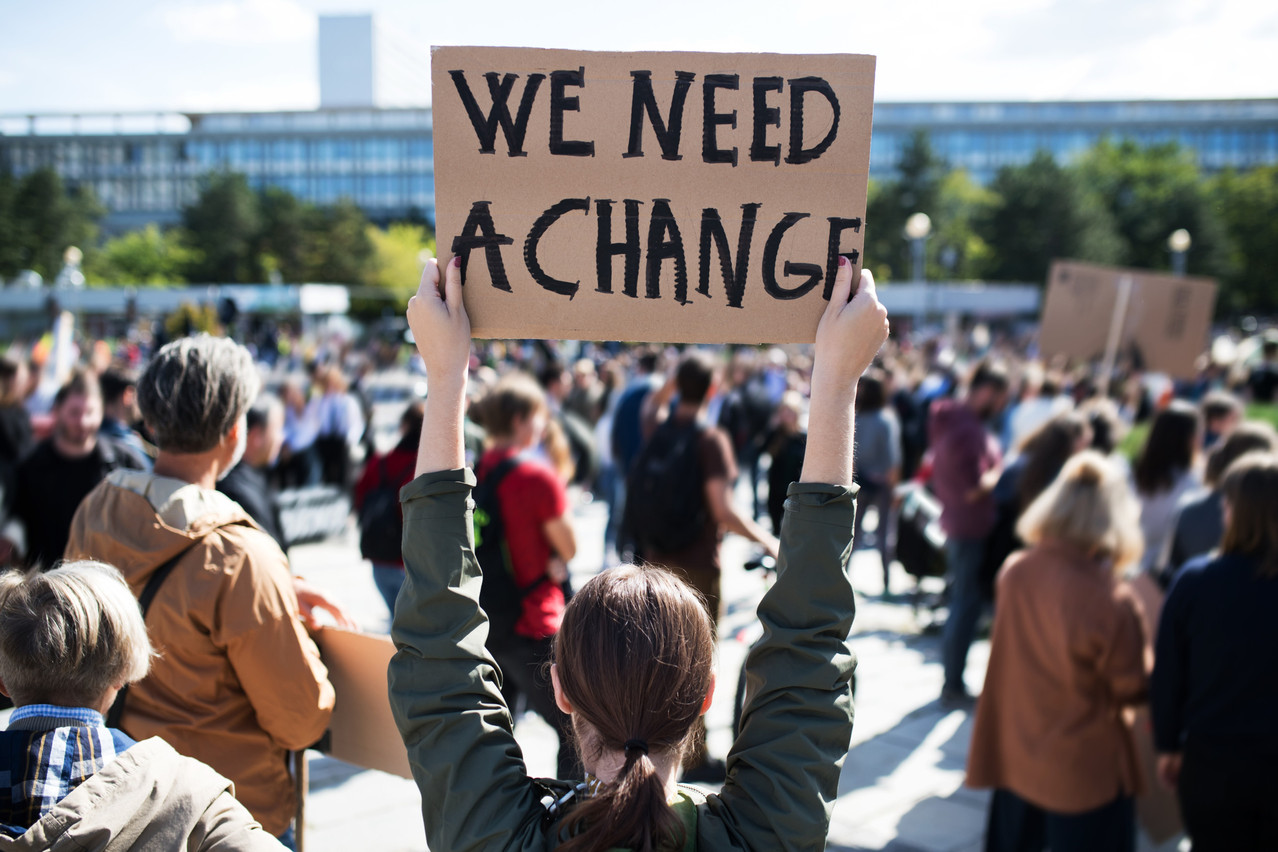Although the region globally fairs better than anywhere else --with an average score of 66 out of 100-- the NGO pulls no punches in its assessment of ‘leading’ European countries, outlining the very real and stark reality. “A worrying new normal is fast being established, as accountability and transparency measures neglected or rolled back during the Covid-19 pandemic remain unrestored, and public trust falls in the wake of procurement scandals,” it says.
Many European citizens have taken to the streets to denounce their governments and their handling of the Covid-19 pandemic, in what they are decrying as a ‘fascist-take-over’. Last week, 100,000 assembled in Brussels. While France, Austria, Germany and many EU countries have been rocked by protest for months. Even Luxembourg has endured ‘never-before-seen’ protests, marred with violence and arrests.
The not-for-profit organisation took another swipe at EU Member States, who continue to “drag their feet on implementing EU anti-money laundering legislation”, stating that it was “vital to close the loopholes that still remain”. Without it, corporate secrecy, as the , “enables oligarchs, human rights abusers and billionaires, to secretly move suspicious wealth offshore through luxury property purchases.”
The European countries showing the most worrying signs of corruption according to Transparency International are Austria and Slovenia.
Luxembourg loses points in Corruption Perceptions Index
Luxembourg, with a score of 81 in 2021 on the Corruption Perceptions Index --one point up from 2020-- is still within the top 10 least corrupt countries in the world. The UK comes in at number 11, Belgium 18th and France 22nd.
The Corruption Perceptions Index (CPI) the most widely-used global corruption ranking in the world, measures how corrupt each country’s public sector is perceived to be, according to experts and businesspeople. It is scored out of 100.
Since 2015 Luxembourg has dropped 4 points on the CPI scale and is amongst those Transparency International have labelled as ‘significant decliners’. Cyprus (-13) and Hungary (-12) were the most significant to drop down, since 2012. Meanwhile, Poland is down 7 points from 2015, according to the NGO.
2% of public service users in Luxembourg paid a bribe in the previous 12 months, since the most recent publication of the GCB, while 19% of people thought corruption increased in the previous 12 months in the grand duchy.
The bottom three in descending order are: Somalia, Syria and South Sudan.
Sanitary crisis slows down anti-corruption efforts
From analysis undertaken by the NGO, it proclaims “protecting human rights is crucial in the fight against corruption: countries with well-protected civil liberties generally score higher on the CPI, while countries who violate civil liberties tend to score lower.”
131 countries have made no significant progress against corruption over the last decade, and this year 27 countries are at a historic low in their CPI score. Overall the CPI shows that control of corruption has stagnated or worsened in 86 per cent of countries over the last decade.
More than two-thirds of countries (68%) score below 50 and the average global score remains static at 43.
Since 2012, 90% of countries have stagnated or declined in their civil liberties score on the Democracy Index. “The global COVID-19 pandemic has also been used in many countries as an excuse to curtail basic freedoms,” according to Transparency International.
The NGO goes on to lament ‘high scoring countries’ who have “relatively ‘clean’ public sectors for their use of anonymous shell companies to enable transnational corruption.
after a European anti-corruption watchdog in November 2020 had submitted recommendations to strengthen protections.
